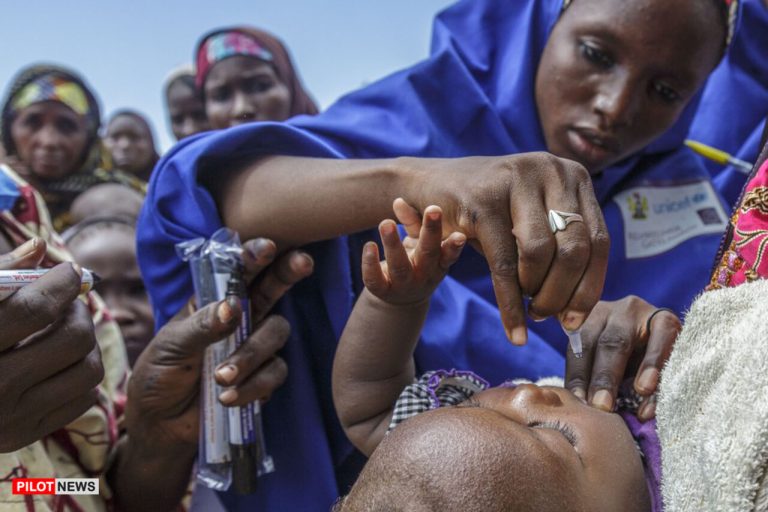Médecins Sans Frontières (MSF), also known as Doctors Without Borders, in collaboration with the Sokoto State Ministry of Health, is urging community members to participate in a vaccination campaign aimed at reducing the incidence of life-threatening diseases such as measles and diphtheria. These diseases can cause severe complications if left untreated.
In 2024, MSF treated over 17,000 cases of measles in Nigeria. Without timely intervention, measles can lead to pneumonia, brain damage, and, in severe cases, death. To address this public health challenge, MSF and the Ministry of Health are immunising children under five years old with the measles vaccine and the Penta-5 vaccine, which protects against diphtheria, tetanus, hepatitis B, whooping cough, and Haemophilus influenzae type B. Additionally, MSF is administering catch-up vaccines for children who may have missed recommended doses for polio, rotavirus, tuberculosis, and other preventable diseases.
The campaign is currently active in Sokoto North, Sokoto South, Wamako, and Dange Shuni Local Government Areas (LGAs). Routine catch-up vaccinations are also being conducted at four healthcare facilities in rural Wamako, and five facilities each in Dange Shuni and Bodinga LGAs.
During the first phase of the campaign, which began in early November 2024, 53,095 children were vaccinated across six LGAs in Sokoto State. Notably, 33,617 children—approximately 63 percent—had not received any prior vaccinations. This phase of the campaign is expected to continue until late February 2025.
“We are committed to collaborating with the government to ensure that every child receives protection against these life-threatening diseases,” said Dr. Ahmad Bilal, MSF Head of Mission in Nigeria.
Measles remains endemic in many parts of Northern Nigeria, with recurrent outbreaks leading to serious public health consequences. The disease is closely linked to malnutrition due to its damaging effects on the gastrointestinal tract, increasing a child’s vulnerability to undernutrition and weakening their immune system. This vicious cycle heightens susceptibility to other vaccine-preventable diseases and can have long-term health impacts.
“This campaign is critical because measles is highly contagious and particularly dangerous for young children, especially those who are malnourished or have underlying medical conditions,” added Dr. Bilal.
In 2024, MSF conducted a multi-antigen vaccination campaign in Gummi, Zamfara State, to protect children against measles and other preventable diseases. With support from the Zamfara State government, the campaign reached 51,314 children, 26 percent of whom had never been vaccinated.
“Vaccination is essential for preventing and controlling infectious disease outbreaks,” said Dr. Deo Kabila, MSF Medical Coordinator in Nigeria. “Following two rounds of vaccination, we recorded a 57 percent decline in measles cases at Gummi General Hospital between June and December 2024 compared to the same period in 2023.”
Despite these efforts, Nigeria’s immunisation coverage remains low. According to the 2021 Multiple Indicator Cluster Survey (MICS), at least 6.2 million Nigerian children missed all vaccinations in the previous five years. The country is still far from achieving the 95 percent vaccine coverage target recommended by international health authorities.
To enhance the campaign’s success, MSF is working closely with community and religious leaders to raise awareness about vaccination. Multiple vaccination sites have been established, and door-to-door mobilisation efforts are underway to ensure that every eligible child is vaccinated.
“Community leaders have been instrumental in granting us access to their communities,” said Juliet Umenge, MSF Health Promotion Manager for routine immunisation in rural areas.
MSF remains committed to supporting state governments in Northwest Nigeria to expand vaccination coverage and protect children from preventable diseases.


